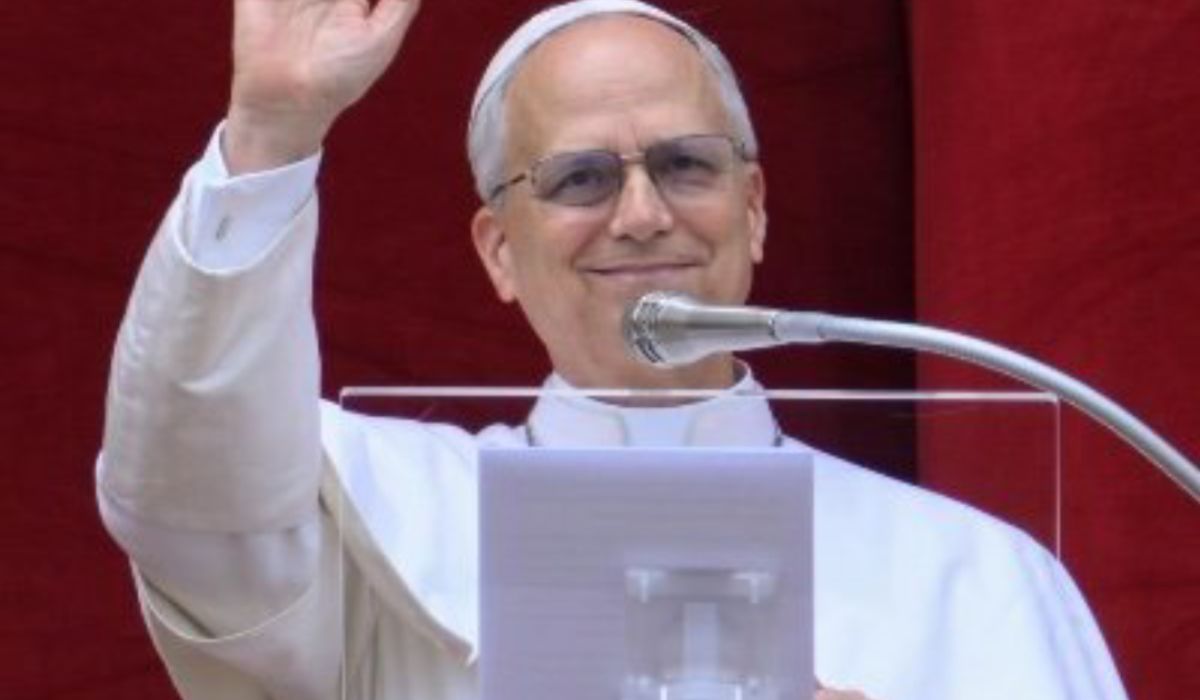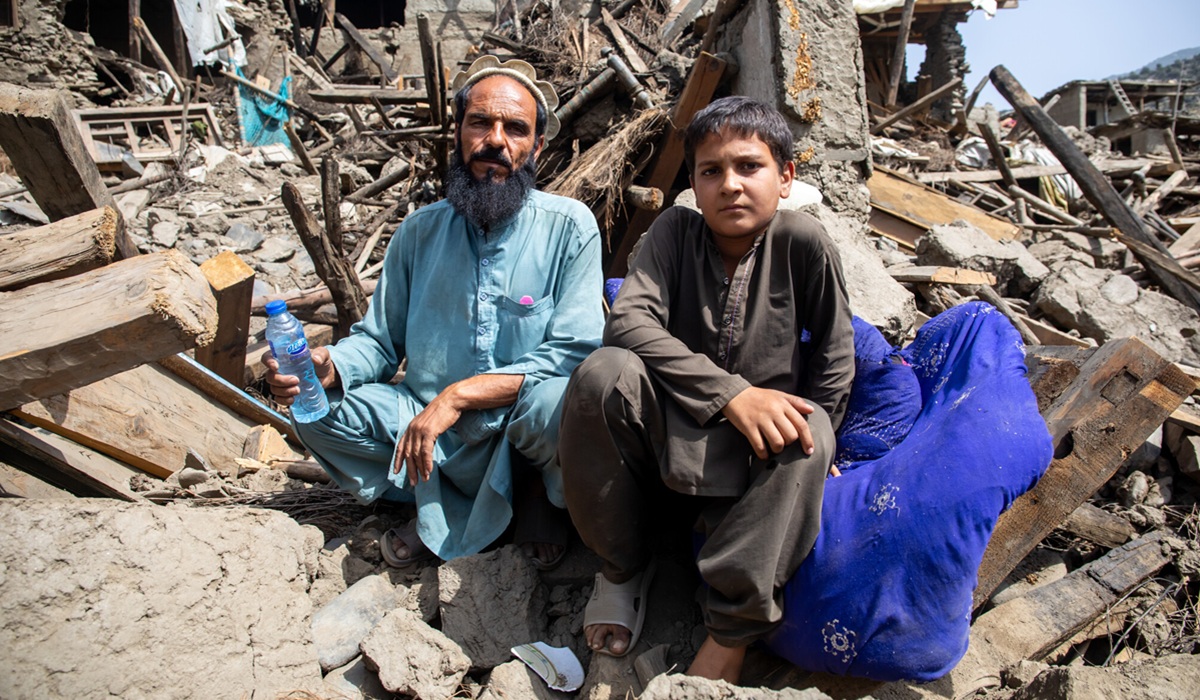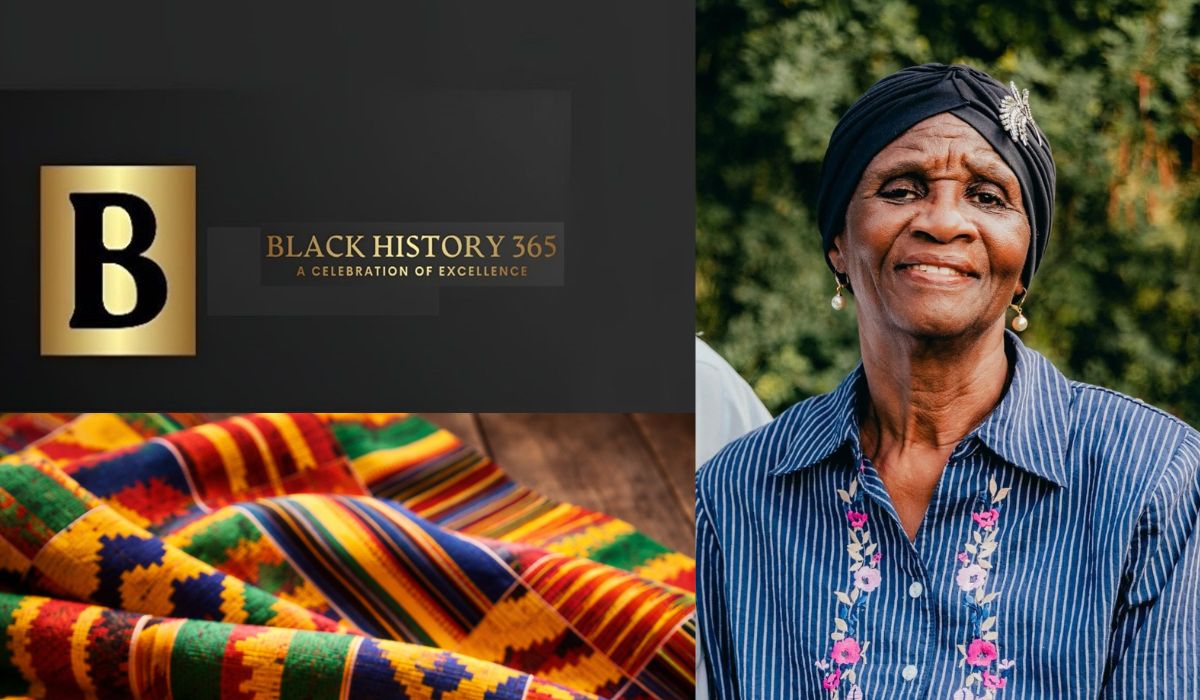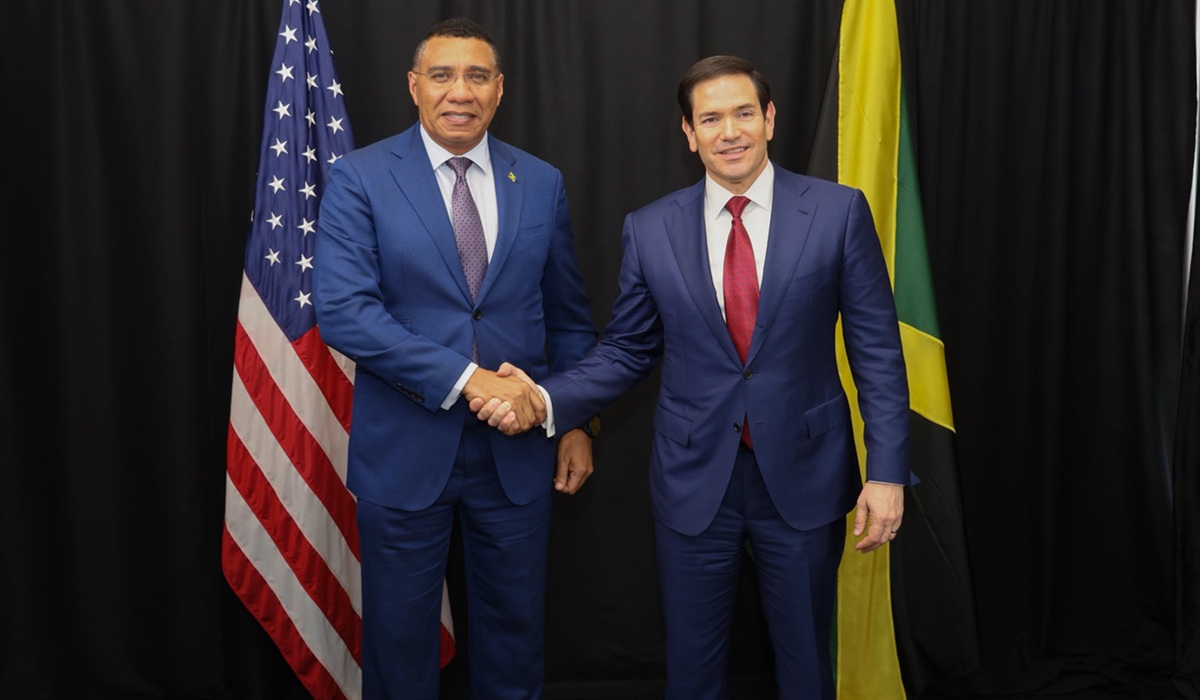Pope Leo XIV should emulate the inspiring courage of Saint Pope John Paul II who remarked at Khartoum’s airport that “when people are weak and poor and defenseless, I must raise my voice on their behalf.”
On December 5, 1992 the Pope solemnly declared a ‘“duty” of “humanitarian intervention” in the case of impending genocide,’ George Weigel notes in Witness to Hope, the biography of Saint Pope John Paul II, a book which stands as a powerful and influential account of one of the most momentous eras in the Catholic Church and Christianity. Against the dangerous backdrop of some of the bloodiest conditions in which particular Nigerian Christians now practice their faith, it behooves the current Pope, Leo XIV, to intervene on behalf of persecuted Christians in the country and further afield where religious freedom is confronting mortal danger.
There is a worsening atmosphere of Church and Christian assaults in the country, the condemnable situation placing clerics and congregants in deadly circumstances. The problem of persecuted Christians in Nigeria and on the African continent must be a foremost concern of Pope Leo XIV’s papacy because the issue has remained on the front pages for quite a number of years, national governments unable to nip the crisis in the bud despite repeated unpleasant media headlines.
Notably, on January 26, 2023, Punch Newspaper’s editorial, “Targeted Killing of Clerics Condemnable,” highlighted “a series of killings of Christian clerics by Islamic jihadists across the country,” the editorial making the sober point that “these killings speak to the spate of genocidal attacks meted out to Christian communities.” The paper is not alone in its depressing reflection. There is another troubling observation that is worth highlighting as researchers have emphasized a disturbing pattern of killings and abductions.
In “The Economics of Nigeria’s Kidnap Industry: Follow the Money,” www.sbmintel.com noted that Catholic priests were “previously targeted for their ransom value” and they “encountered 21 abductions” over a particular period that SBM Intelligence worked on. But that is not all there is to the ugly spate of religious violence in the country, a condition that has become a nightmare for Christians and people of other religious leanings.
In a January 13, 2025 report, Aid to the Church in Need (ACN International) wrote that “Nigeria continues to be one of the most dangerous countries in which to be a priest or a religious,” the report further emphasizing the urgency needed in dealing with deteriorating religious circumstances in the country and around the world.
By visiting Nigeria and other persecuted communities, Pope Leo XIV would not be doing anything damaging to his papacy. In more ways than one, the Pope’s visit would be in the noble footsteps of Saint Pope John Paul II, who stood tall, “defending persecuted Christians in Sudan,” as George Weigel observes in his seminal work of intimacy, morality, and, charity. Saint John Paul II’s interventions were critical in giving hope and comfort to many oppressed people around the world, his life of charity and love mirroring what he preached to Christians and non-Christians.
An authoritative voice on religion and public life, Weigel highlights the Bishop of Rome as “the Pope against terror,” noting that: “the most dramatic moments of the pilgrimage came in Sudan, a country ruled by Islamic radicals whose fierce persecution of Christians in the south of the country included selling Christian women and children into slavery and crucifying Christians who publicly professed their faith. John Paul thought it his duty to defend persecuted Christians, and a none-hour visit to Khartoum was finally agreed upon.”
Pope Leo XIV should emulate the inspiring courage of Saint Pope John Paul II who remarked at Khartoum’s airport that “when people are weak and poor and defenseless, I must raise my voice on their behalf. When they are homeless and suffering the consequences of drought, famine, disease and the devastations of war, I must be close to them.”
Now is the time for Pope Leo XIV to draw close to suffering and persecuted Nigerian Christians who are tethering on the brink of extinction in the wake of the country’s “silent slaughter.” The country needs to rise from the gloom of destruction to the brightness of religious harmony, and his Holiness, Pope Leo XIV can lead this charge too because he is eminently positioned to play a vital role in bringing about global peace and reconciliation between and among disparate belief systems.
All religions in the country must shun violence of any form, echoing the civilizing position of the Nigerian Diocesan Catholic Priests Association (NDCPA). The Priests are clear on what they and the Catholic Church stand for, noting that “we are not terrorists or a war troupe. Our ministerial journey consists in the proclamation of the word of God and the celebration of the Holy Eucharist as a memorial of Christ and His mission on earth. This implies that we carry along with us the Holy Books and not weapons. Christ never encouraged us to raise arms against anybody nor take up any action in vengeance. We do not take arms, and we will not.”
The current Pope will do well to visit Nigeria just as his predecessor visited Sudan driven by “justice and peace for all citizens of this land, without reserve, regardless of their religion, social standing, ethnic background or color.”
Despite repeated attacks from a number of quarters, the Church and Christianity remains steadfast, rejecting violence of any form, and reflecting the view that religion, particularly Christianity, must remain an estate of peace for all.









